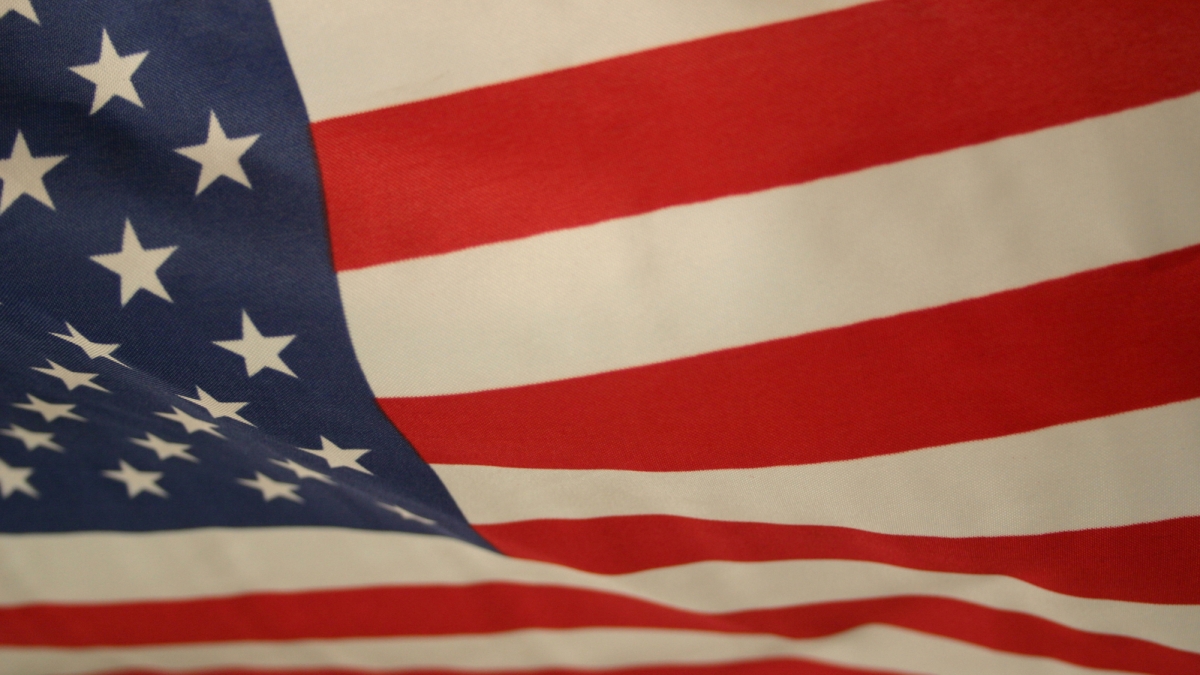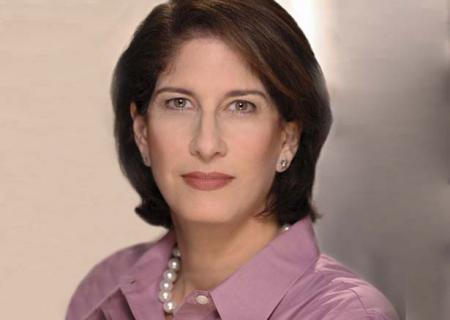The 2016 presidential election is one of the most contentious campaigns in recent memory.
Mara Liasson, pictured left, and National Public Radio’s national political correspondent, will shed light on the contest as a part of Barrett, the Honors College’s John J. Rhodes Lecture in Public Policy. Liasson, who has been named the 2016 Rhodes Chair in Public Policy and American Institutions, will deliver her lecture, “A Citizen’s Guide to the 2016 Elections,” at 7 p.m. Thursday, Feb. 25, in the Katzin Concert Hall on the ASU Tempe campus. The event is free and open to the public. For tickets, visit barretthonors.asu.edu/rhodes2016.
To preview her appearance Liasson took some time to discuss the election with ASU Now.
Question: How have President Obama’s policies helped shape both the Democratic and Republican primaries?
Answer: In the Republican primaries, the candidates are running to reverse President Obama’s policies and making it a referendum on how to stop him.
On the Democratic side, the debate is how either to best preserve Obama’s policies or build upon them.
Q: What is helping fuel the rise of anti-establishment candidates in both parties?
A: Several things are fueling the rise of anti-establishment candidates. One is a stagnant middle class income. Another is terrorism abroad and at home. There also are changing demographics of the electorate, and political gridlock in Washington.
Q: As we approach the general election, are candidates going to campaign with a focus on encouraging their base to turnout or appealing to moderate and independent voters?
A: I believe it will be a campaign focusing mostly on each candidate’s base.
Q: How does covering the candidates this year compare to previous cycles?
A: In this cycle there are more candidates, which makes it more difficult to cover them.
However, new technology, such as social media and apps, makes it easier to track their activities and stay informed about them.
More Law, journalism and politics

Exhibit uses rare memorabilia to illustrate evolution of US presidential campaigns
After one of the most contentious elections in history, a new museum exhibit offers a historical perspective on the centuries-old American process.“We The People! Electing the American President” had…

TechTainment conference explores the crossroads of law, technology, entertainment
What protections do writers, actors, producers and others have from AI? Will changing laws around name, image and likeness (NIL) eliminate less lucrative college sports programs?And what does…

How to watch an election
Every election night, adrenaline pumps through newsrooms across the country as journalists take the pulse of democracy. We gathered three veteran reporters — each of them faculty at the Walter…

